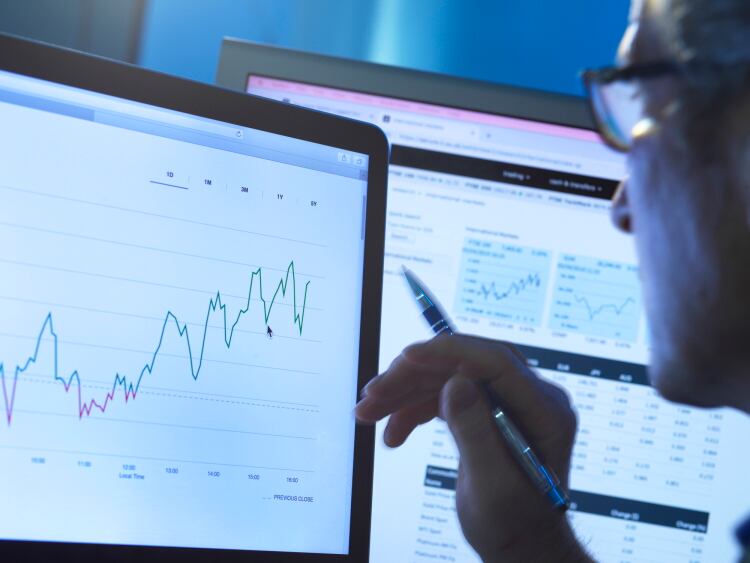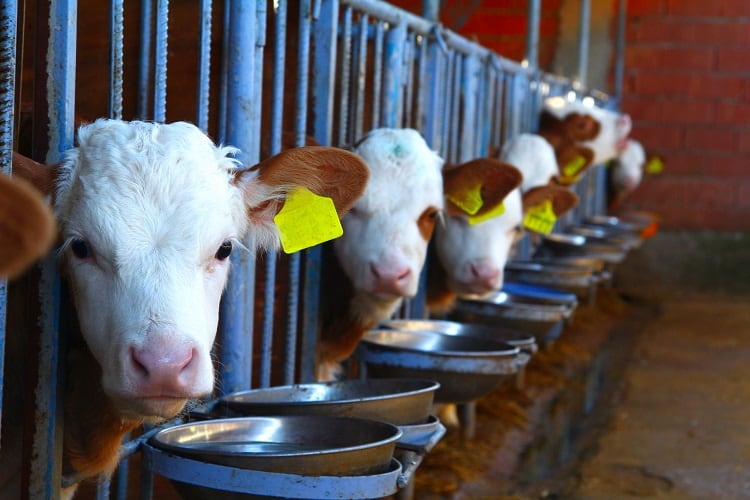The report calls on investors to play an active role in improving the sector's climate impact by asking dairy and meat companies to disclose their emissions and investments, and cut methane and other pollutants.
Failing to be more active and transparent in tackling emissions could hurt investor confidence and result in stranded assets, the researchers claim.
The Changing Markets Foundation surveyed more than 200 respondents from the investment community to find that they overwhelmingly (94%) deemed reducing methane emissions 'important', while almost three-quarters (72%) believed that companies should report their methane emissions; and 83% indicated they would encourage firms to cut pollutants.
Economic losses
The study claims that food production, particularly meat and dairy, is responsible for around 37% of greenhouse gas emissions, with livestock the single largest source of methane.
While the industry's environmental impact has long been under scrutiny, manufacturers should be weary of how climate change could affect livestock numbers. Despite a projected growth of 50% for meat and dairy products over the next 30 years, climate scientists estimate that livestock numbers could decline by up to 10% if temperatures go up by just 2°C by 2050.
This would translate into economic losses of between US$9.7 and US$12.6bn.
Currently, the world is on a path to 3°C temperature increase, with methane emissions rising faster than CO2.
In its report, the Changing Markets Foundation makes several recommendations to investors who may want to engage with meat and dairy companies. These suggestions include reporting against science-based climate and methane policies that align with achieving net zero by 2050; and ensuring that investees have science-based climate targets and mitigation plans in place, including annual reporting of carbon and methane emissions and methane action plans.
Dairy firms respond
DairyReporter reached out to Nestlé and Danone, two of the largest dairy companies globally, to seek out their responses and find out more about their climate change mitigation strategies.
A Nestlé spokesperson told this publication: “We agree on the need for rapid and sustained action to address emissions in the food and drink sector, including methane. This is why we published a time-bound climate roadmap in 2020 with the ambition to halve our absolute emissions by 2030, and achieve net zero by 2050. Our roadmap addresses all types of greenhouse gas emissions, using a CO2 equivalent calculation, and includes reduction targets for dairy and livestock.
“Dairy will continue to play an important role in the global food system, and our vision is that the future of the dairy industry can be net zero. We are working directly with dairy farmers and expanding initiatives aiming at reducing emissions and supporting regenerative agriculture on the farms we source milk from. This includes over 100 pilot projects with partners around the world, including 20 farms already on a path to achieve net zero emissions in the near future. We will share our experience from these projects as we scale up our efforts and encourage wider industry transformation.”
Responding to the findings, Danone highlighted its recent methane reduction initiatives, including the company’s investment in a seaweed feed additive that reduces livestock methane emissions by over 80%. A spokesperson for the company told DairyReporter: “Reducing our environmental impact and building a sustainable future for our categories, especially dairy, is at the heart of our business model, embedded in our One Planet One Health frame of action. Methane reduction is a top priority in our journey to achieve net zero emission across our value chain, and a key component of our regenerative dairy approach.”




